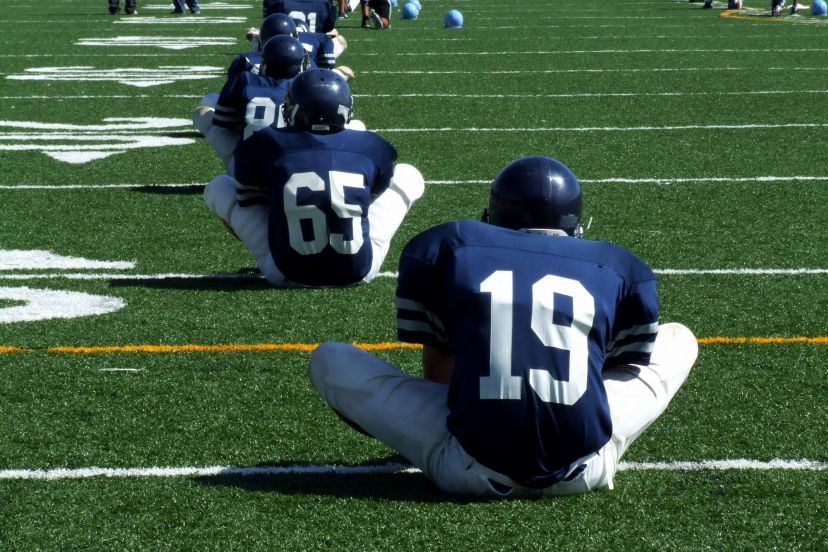Brand name schools not necessarily the best
Courtesy of Creative Commons Pexels.com.
December 3, 2024
Until you die, people will ask you what college you attended. This, of course, is the motivation for attending a very exclusive, very prestigious university or college. And the tool of this hedonistic cycle is the U.S. News and World Report, which rates colleges and universities by using a specific formula.
This is a flawed system that uses a formula that focuses more on the alumni and selectivity of the college, and less on things that are important to society and prospective students.
For example, U.S. News and World Report uses a formula that allocates 15 percent of its rating on student selectivity. It is disheartening that colleges who accept fewer students get a higher rating, and thus become more prestigious, causing more students to apply and be rejected.
The U.S. News and World Report also bases some of their formula on the alumni-giving rate, which is meant to show the satisfaction rate of graduates. However, this is less an indication of graduate satisfaction and more of an obligation to one’s alma mater. When colleges constantly hound their graduates for donations, you can realize how difficult it might be to resist. There are many reasons besides satisfaction that graduates will donate. And if one university’s graduates have more expendable incomes, and thus more to give, the college’s rating goes up. A part of the formula that prospective students find so essential to choosing their college should not be based on alumni giving.
The magazine, which uses the college issue simply to sell more copies, also uses peer assessment to rate the colleges in the United States. For example, they ask faculty of other universities to rate how distinguished another university is. However, this is an unfair assessment because of course universities like Yale and Harvard are more “distinguished” because so many people have heard of them before.
Instead of using the faulty formula of U.S. News and World Report, students should look at other rankings as well, such as the rating system of Shanghai Jiao Tong University located in China, which puts emphasis on things society relies on, like research output.



































